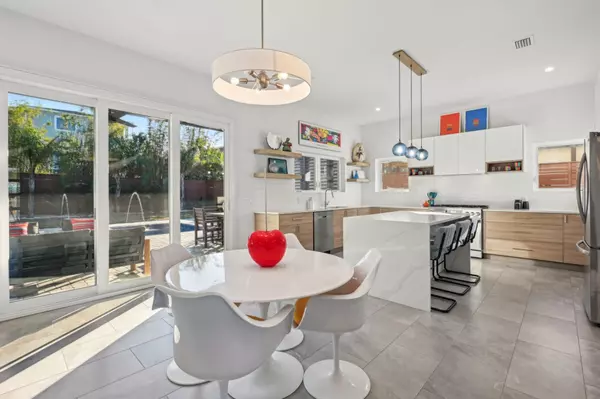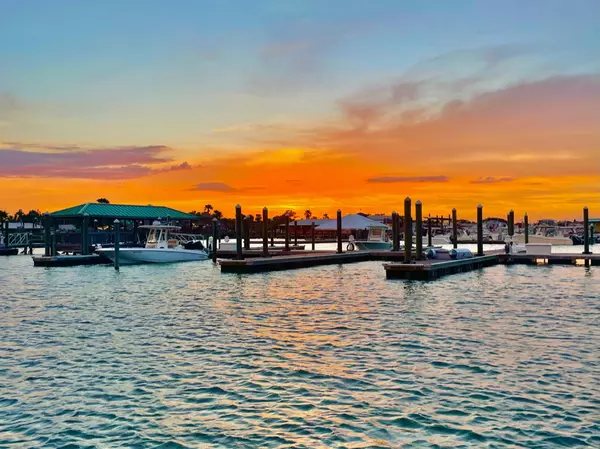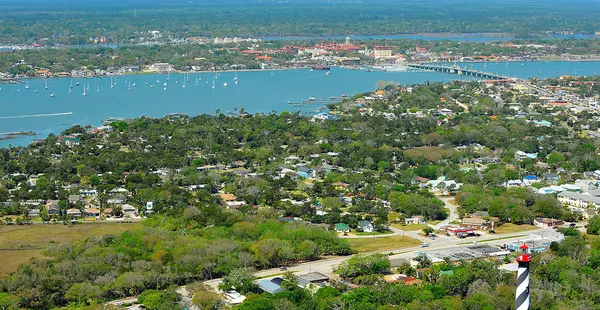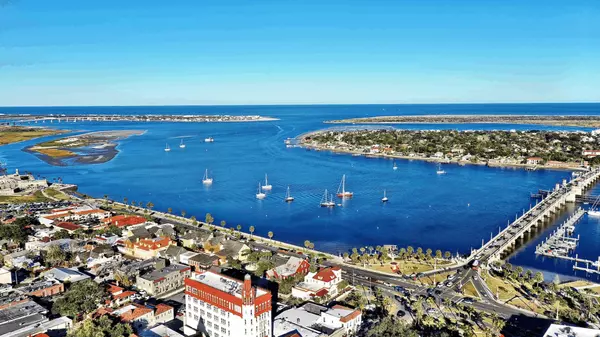Buying a Home May Help Shield You From Inflation in St. Augustine, FL
This blog highlights how owning a home protects you against inflation.

The Seller's Playbook: An Overview of the Home Selling Journey
Embarking on the journey of selling your home is both exciting and overwhelming. It's a path laden with important decisions, negotiations, and transitions. However, with the right preparation and guidance, it can also be a smooth and rewarding experience. This guide is designed to walk you through

Sailing into History: The Nao Trinidad's Arrival in St. Augustine
The Nao Trinidad, a meticulous replica of Ferdinand Magellan's flagship from his groundbreaking circumnavigation, has made its way to St. Augustine, offering a unique glimpse into the adventurous voyages of the 16th century. The Nao Trinidad is more than a historical exhibit; it’s a gateway to the

How Location Shapes Property Value and Lifestyle
In the real estate industry, the adage "location, location, location" is more than just a catchphrase; it's a fundamental principle. The significance of location transcends mere geography. It is a pivotal factor that influences both the value of properties and a person’s lifestyle. This blog delves
Categories
Recent Posts











